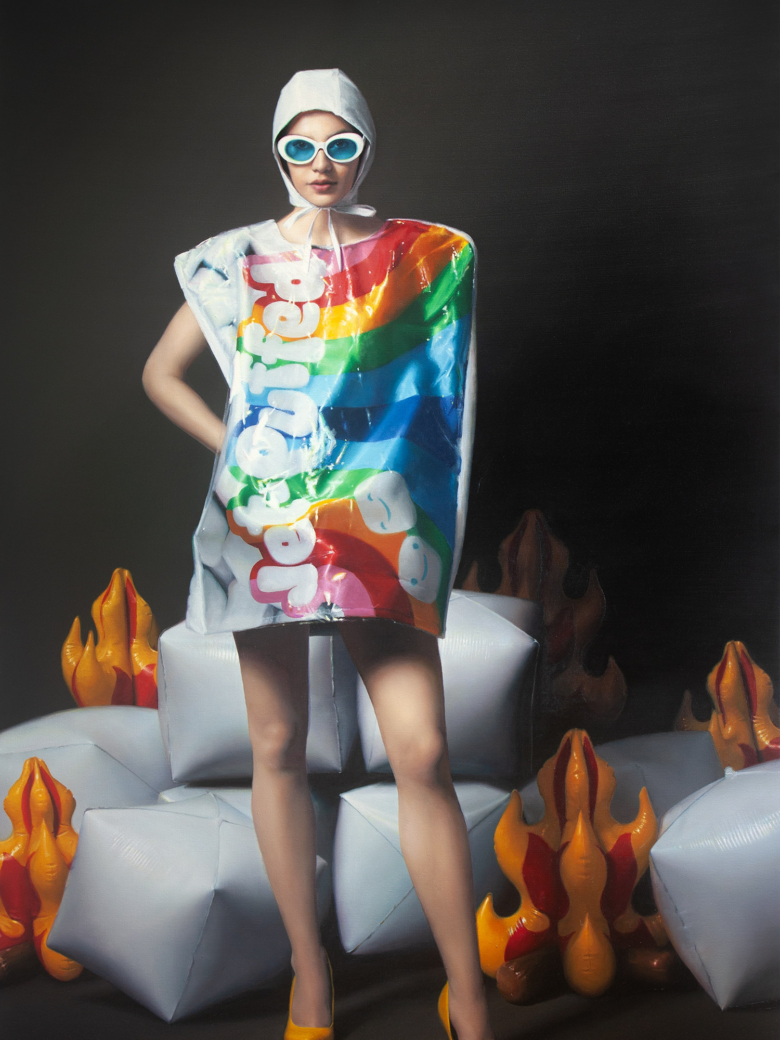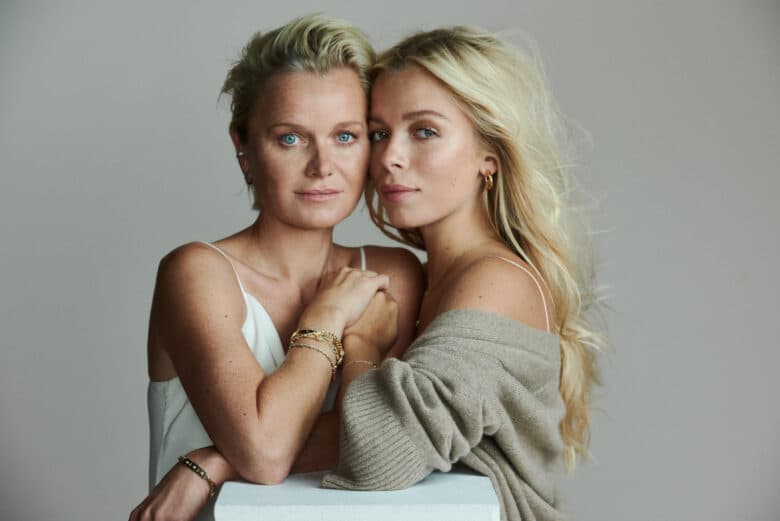Jessica Barden on the need for authentic teenage representation in film
The end of the world is not quite nigh. Yorkshire raised Jessica Barden is about to deliver the next chapter in the chaotic life of teenager Alyssa in Channel 4’s The End of the F***ing World. Season two is her third outing as Alyssa – the first was in 2014 in the original short film based on Charles Forsman’s comic book. Charlie Covell’s pitch-perfect writing will put Alyssa and, we assume, James (Channel 4 are being very mysterious about Alex Lawther’s character in season 2) through eight more half-hour episodes of punchy, seat-of-our-pants jeopardy. Last season left 17-year-old Alyssa and James, the Clyde to her Bonnie, stranded on a beach, firearms unit on one side, the sea on the other, their escape by boat snatched out from under them by their realisation that the tide was out.
Alyssa has shaped much of Jessica’s career. “I’m sure I’ll never experience anything like it again,” she says. “I’ve been trying to play that character since I was 19. Alyssa’s been a huge part of my life. What Charlie wrote in the last scenes, I got to play her as a woman. There’s a moment in episode seven where it was just a fucking great acting moment, where your own life and a part that someone has written for you just sync together. It was a really surreal and special experience. It’s incredible that there’s this other person that knows how my brain works.”
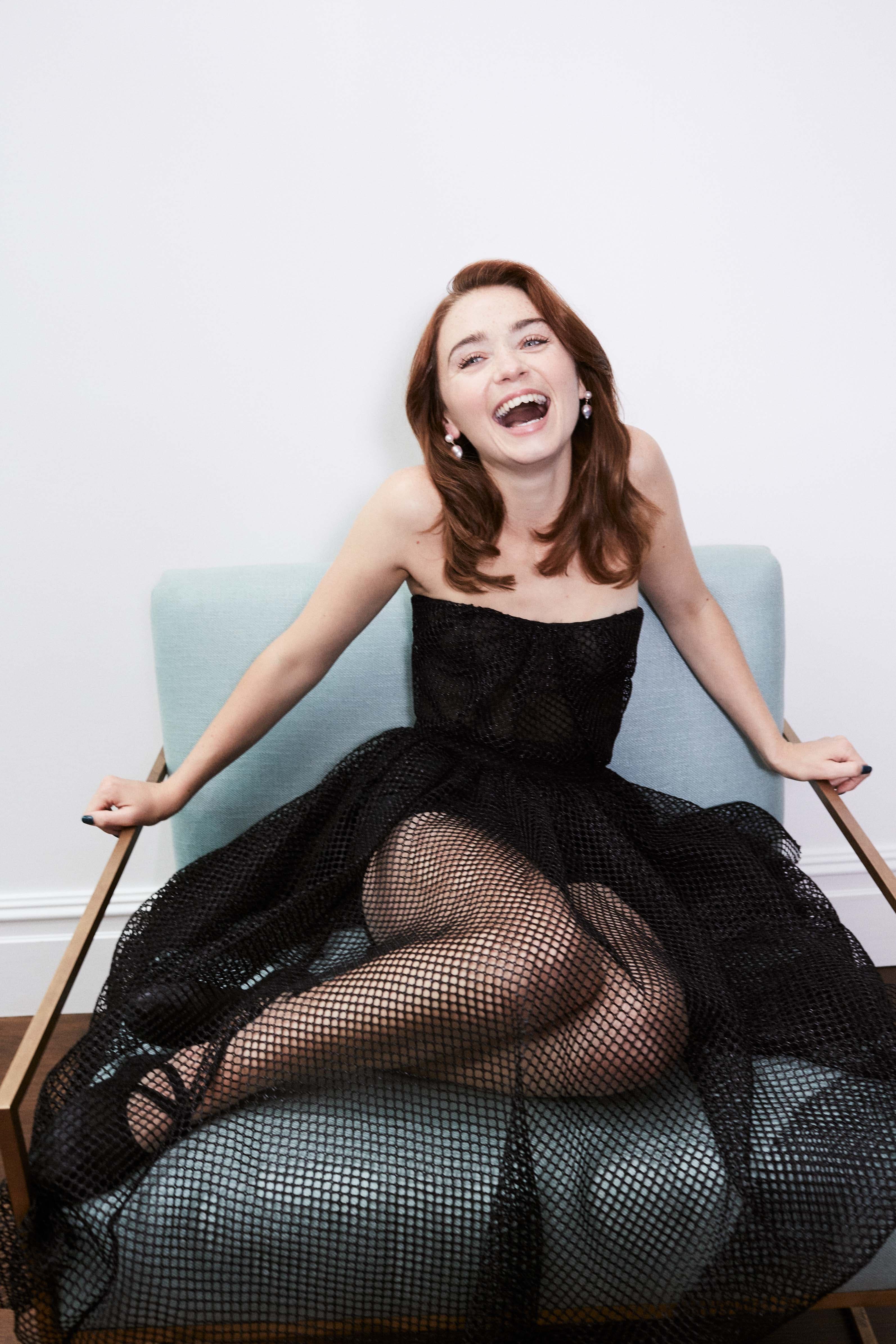
Jessica started doing musical theatre at the age of seven, followed by rounds of casting calls at ten. But a career as such didn’t really start until she was around 17. Since then she’s delivered smart, layered performances in everything from Coronation Street (remember Kayleigh?) and the 2011 film Hanna to the more recent Scarborough and The New Romantic. But it’s Alyssa, in TEotFW, that arguably reached the largest audience for the actor and helped build her massive Instagram following.
People often assume she’s much younger than 27. “I think it’s because I look so young. Nobody understands just how small I am. I’m 5ft 1in. If people recognise me on the street they’re always taken aback. I’m in proportion, so nobody realises how small I am when they see me on screen. So when they see me it disarms people majorly.
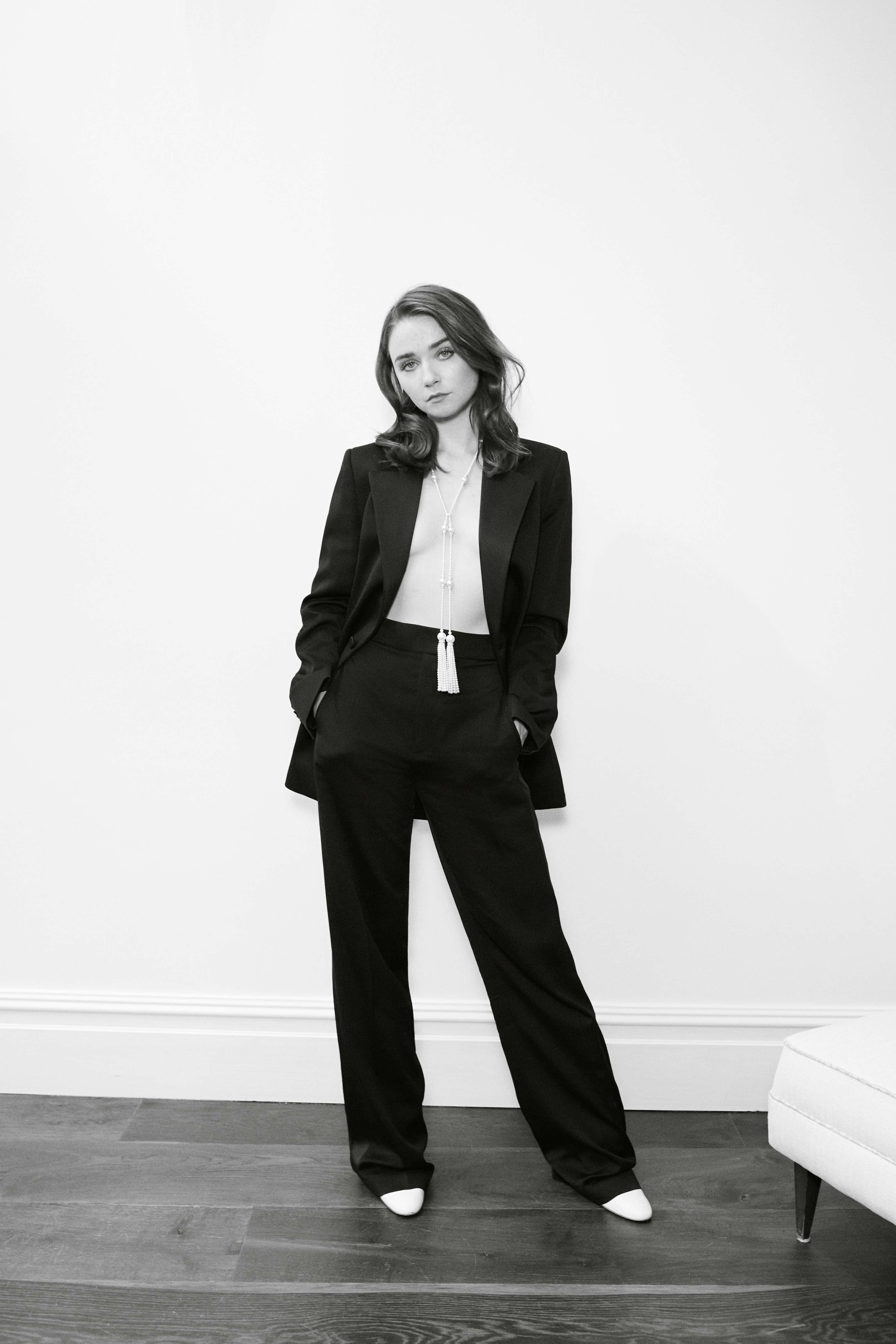
“I was 24 when I did the first series. That didn’t feel like such a huge jump, 24 to 17. I feel like you switch a lot when you get to 26. I became so much more aware of the difference between how I feel on the inside and how I look on the outside, and how I’d be treated by people.
“There’s a point in your mid-twenties where you think you can fight every single battle that you want to take on. This was something that was very present in Alyssa too. And watching that show, that character, made me aware of it. There was a switch where I thought I’m going to feel frustrated in certain situations where people aren’t going to see me for who I actually am, and I’m going to have to be a lot more patient with this. Because it’s probably going to be like this for the rest of my life. I found a really great security in myself from understanding that.
“It can be frustrating, but as I got older I realised I live quite a comfortable life because of it. People still do things for me. They still look after me like I’m a kid. If I’m away from home somebody’s mum will make me food. The frustration is present every single day, but I just try really hard and try to think of it as something that’s constructive. I find a patience and security in it. It’s something I apply in my life and in my roles. I don’t judge other people based on appearance or their age, or the characters I play either.”
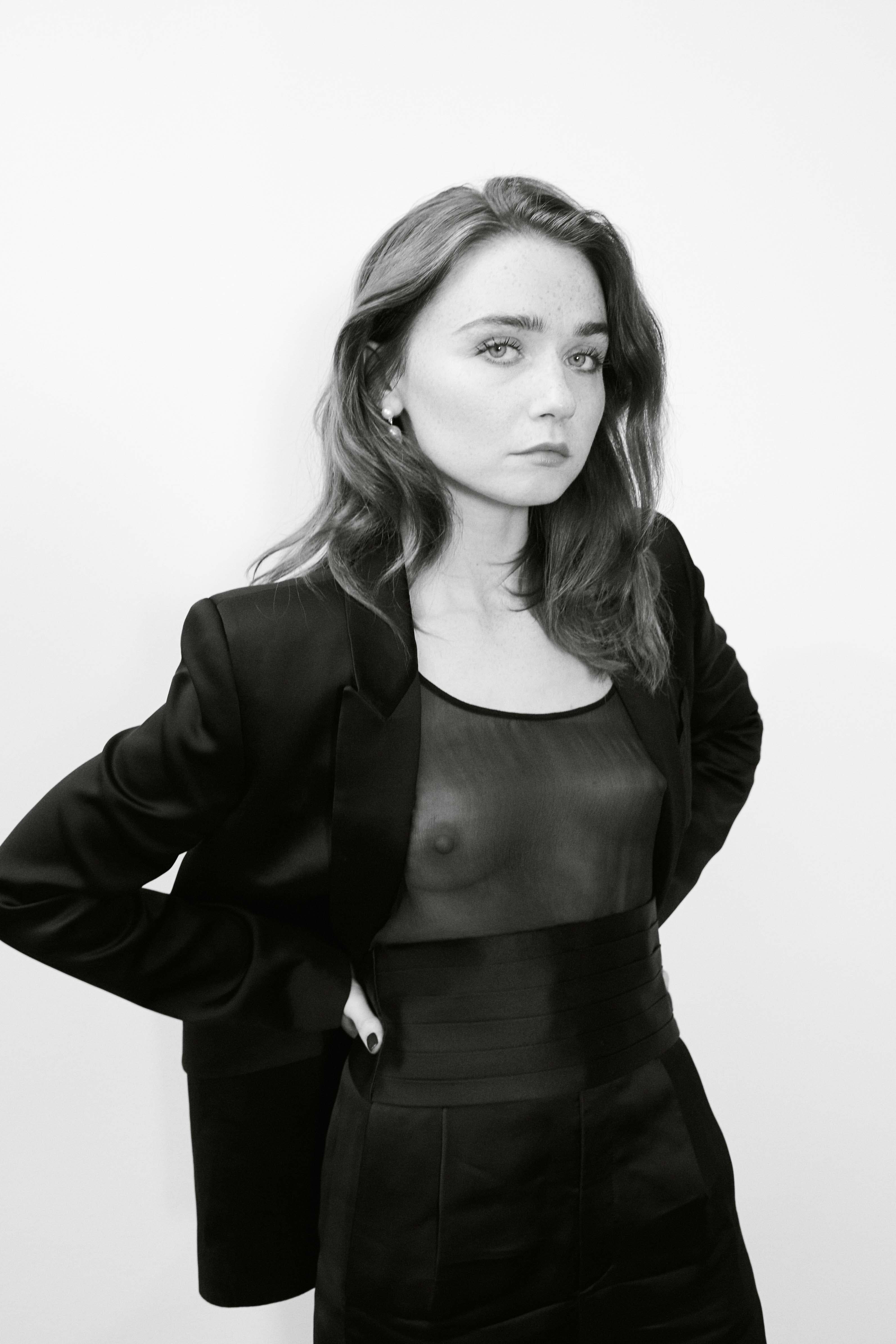
Of course, there have been roles where her age was irrelevant and she was just the right actor for the job. “The Lobster [Yorgos Lanthimos’ 2015 film] was a good example of that. There wasn’t an age in the script. I thought I’d be too young for it but the director said, ‘It doesn’t really matter how old she is, it’s an alternate universe anyway.’ I’ve found that about my career, it attracts like-minded people. We’re not watching stereotypical teen dramas anymore. I think the industry is defining people less by stereotypical ideas. I think I’m a part of that.”
She’s right. New shows like Euphoria portray teenagers in a very different way to shows such as Gilmore Girls, which debuted in 2000, ran for seven years, and now appears naïve and dated. Teenagers want characters and storylines that reflect their reality, done in a smart, authentic way. Next up for Jessica is writer-director Kelly Oxford’s Pink Skies Ahead, a film based on the essay “No Real Danger” from her book When You Find Out the World is Against You. Jessica plays Winona who moves back in with her parents (played by Oscar-winner Marcia Gay Harden and Michael McKean) after dropping out of college. Winona has been diagnosed with an anxiety disorder.
“The story is told through somebody who is coping with it,” she says. “You see her as being someone who’s somewhat capable. This isn’t somebody who’s falling apart. I want to play awed women, but in the package of what women actually do, which is put a face on and get on with it. It’s something that’s part of being a woman and something I want to put in the work that I find. It’s so complicated and amazing being a woman and I just want to find that in the roles.”
It’s rare for an actor, especially one with over a million followers like Jessica, to be as open as she is on, say, Instagram. It’s often a promotional tool, curated by the actors themselves (or their handlers) to market an image of themselves. With Jessica, you get it all: an Instagram story about jetlag, dealing with acne, growing out a hair colour – and living with anxiety. She’s often very candid about it. “I’m open on Instagram because I’m that type of person. I feel comfortable being open. If ever I feel nervous about something I’ll quite happily talk to a stranger about it, in a non-creepy way. I find it quite calming. It makes it easier for me to cope with it.
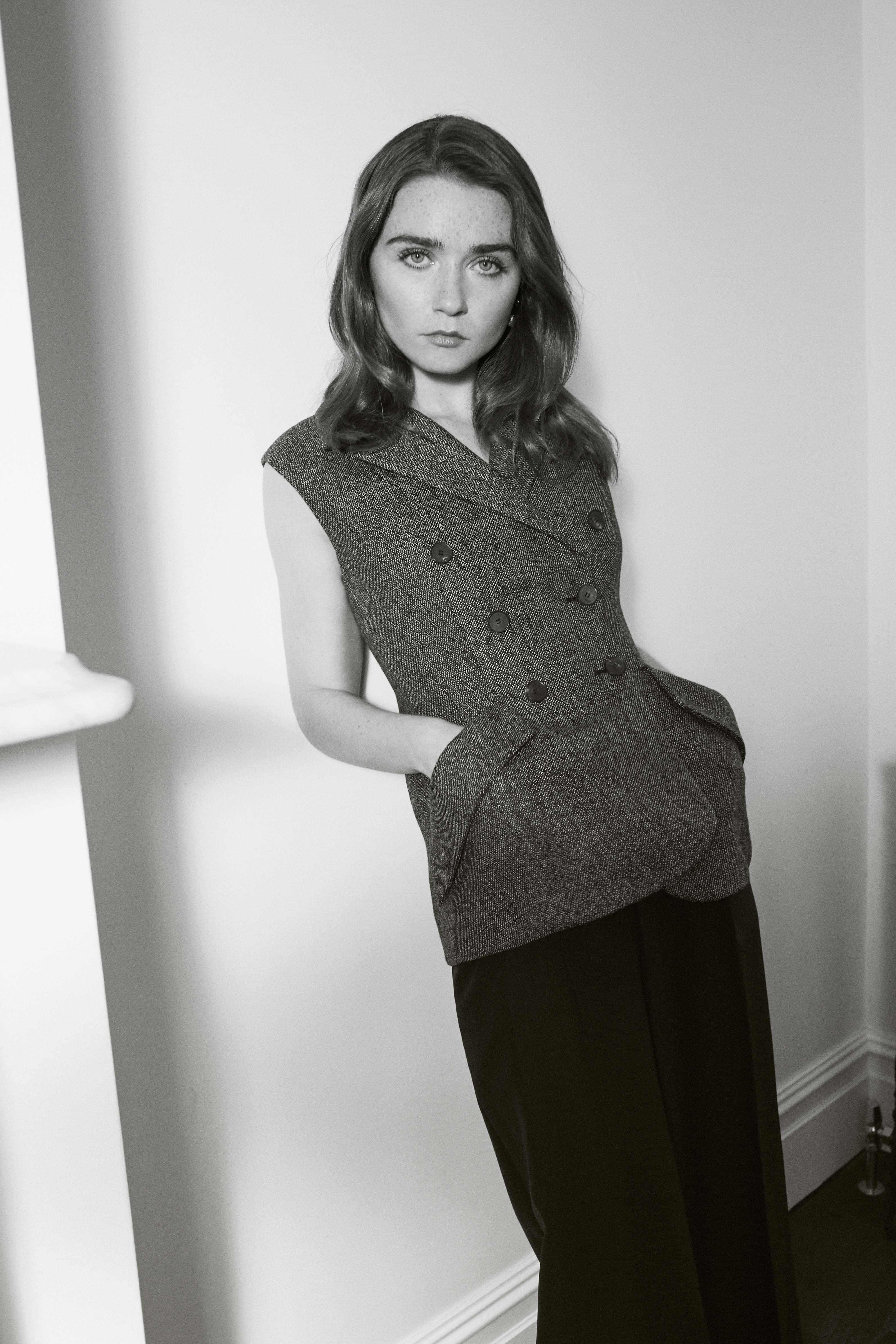
“I’ve learned that I don’t have to turn it into this huge secret – that makes it worse. So I’m open, it’s not a big deal. It normalises it. For example, if I go into meetings now and I’m open about it nobody ever has anything negative or judgmental to say about it. People are only very supportive. It was especially positive working with Kelly Oxford on Pink Skies Ahead. The film attracted a whole cast and crew that related to anxiety.
“And there can be so much humour involved in having something like anxiety. I’m in LA now and staying with my friend and we both get IBS from anxiety, which is obviously really embarrassing but we joke about it constantly. Everything seems worse in your head. Nobody really cares about any of the things you feel insecure about.”
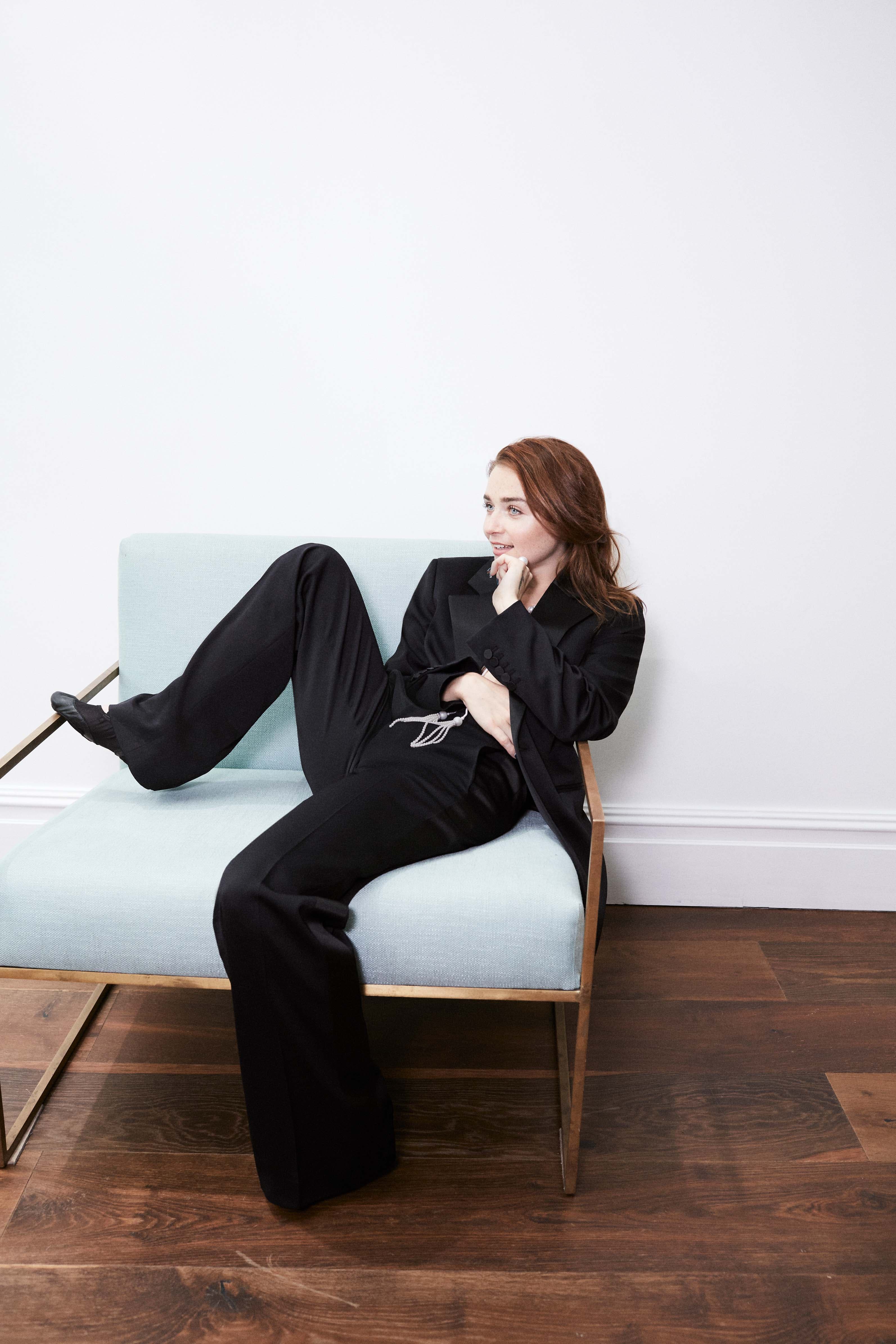
Her characters have never really been stereotypical, accessory parts, never just the girlfriend of the male lead or the daughter. “I wish I could say that was a conscious decision to say I only want to play really strong female characters. But deep down I’m just an actress that wants to work. And I’d definitely auditioned for those [accessory] roles. I just never got them. As much as we need to be representing women who have amazing careers or who fuck up, we also need to make sure there’s respect for characters who aren’t like that. I’d play the girlfriend in a movie – the guy’s girlfriend or girl’s girlfriend – if it was the right story. I just haven’t so far.”
For Jessica, then, typecasting isn’t an issue. Her roles are complex, her characters’ narratives compelling. So if not typecast, what does she think she’s known for? “I don’t think casting directors think of me in that way, for something particular. I think they might just think, ‘Wow, she’s still going.’ My nan describes me as a workhorse. I am 100 percent one of those actresses that auditions. I’ve auditioned for every role I’ve got. I’ve never been that girl where a casting director’s said, ‘You have to see her.’ I’ve never been favour of the month. I’m more of a long-distance runner. I wake up every day at 6 am to read scripts. I know my lines. I don’t underprepare for anything. I really schedule my whole life around my job. I’d hope they’d think of me of an actor that’s reliable, that works hard, somebody who puts the work in.”
Twenty years later, Jessica is still a freak for musical theatre. And it’s partly where her admiration for strong-minded women comes from. “I was a teenager when I started being interested in all of these women like Elaine Stritch and Patti LuPone and Debbie Reynolds. I didn’t really have a lot of friends because I was always working. I didn’t massively relate to things people my age liked. I watched Elaine Stritch at Liberty when I was 15. She was really tall. She was an older woman, she wasn’t wearing any pants. She was performing in tights and a shirt. She wasn’t really great at singing. But she was a storyteller and the audience were hanging off her every word. I thought: ‘This is what I want to be – I want to be a person with experiences.’ Patti LuPone does that as well, and Liza Minnelli. These incredible women that aren’t afraid of being intimidating or afraid of being too much. Or afraid of telling an inappropriate joke. I just really wanted to be somebody that was unapologetically themselves. And not being bothered about what other people think about me.”
‘The End of the F***ing World’ series 2 is out now on Netflix. This feature is taken from The Listen Up Issue of HUNGER, out now and available to purchase here.
Taken from HUNGER’s Listen Up issue. Click here for further information or to purchase.
